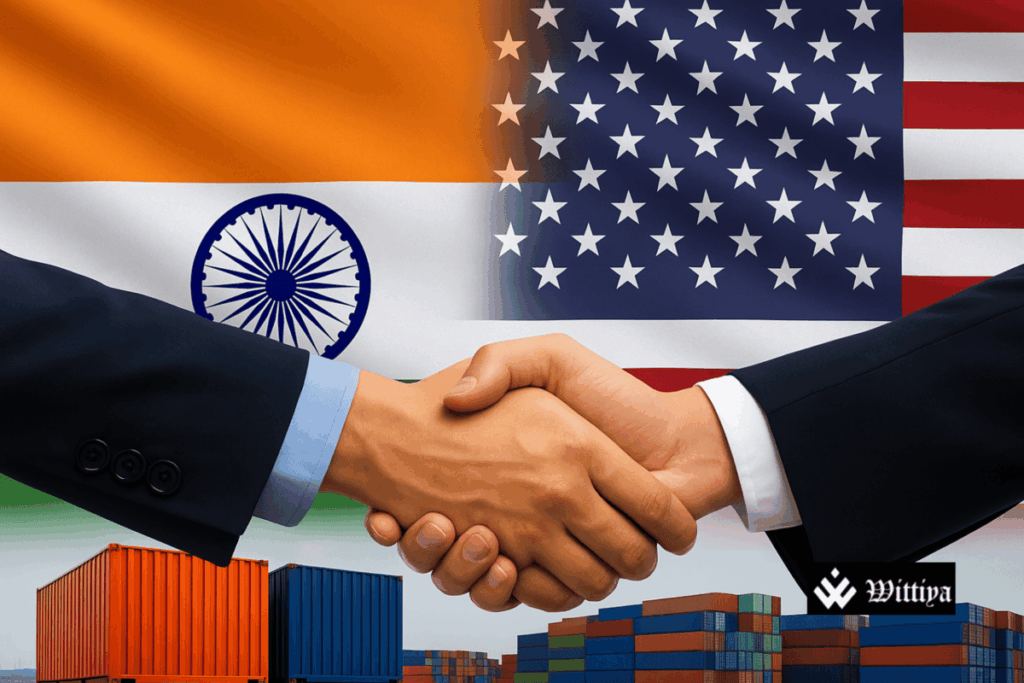US Treasury Secretary Scott Bessent has stated that India is likely to be the first country to sign a bilateral trade deal with the United States, ahead of the expiration of a 90-day pause on a 26% reciprocal tariff on Indian goods. The agreement is expected to avoid potential trade tariffs between the two nations.
US Treasury Secretary Scott Bessent has expressed confidence that India will be the first country to negotiate a bilateral trade agreement with the United States before a 90-day pause on a 26% “reciprocal” tariff on Indian goods expires on July 8, 2025. The announcement comes as the deadline for the tariff pause draws near, and both countries work toward improving trade relations.
Currently, India is subject to a 10% tariff under the existing US policy. The anticipated trade deal aims to prevent the implementation of a higher, reciprocal tariff on Indian exports, which would significantly impact trade between the two nations.
Bessent highlighted that the talks between the US and India have been progressing steadily, with both sides committed to reaching an agreement that would benefit both economies. The US government has been working closely with India to address various trade concerns, including market access and intellectual property rights, paving the way for a potential resolution before the deadline.
India’s economic significance and its growing market for US goods make this agreement crucial for the US. Additionally, the deal could serve as a model for future trade negotiations with other countries, emphasizing the US’s strategic interest in strengthening ties with key international partners.
The trade deal will not only ease tensions related to tariffs but also create new opportunities for businesses on both sides. As India continues to rise as an economic powerhouse, the outcome of these negotiations will play a significant role in shaping the future of global trade relations.
As the July 8 deadline approaches, all eyes are on India and the US to see if they can finalize this landmark agreement, avoiding the imposition of the 26% reciprocal tariff and fostering a stronger economic partnership between the two countries.



